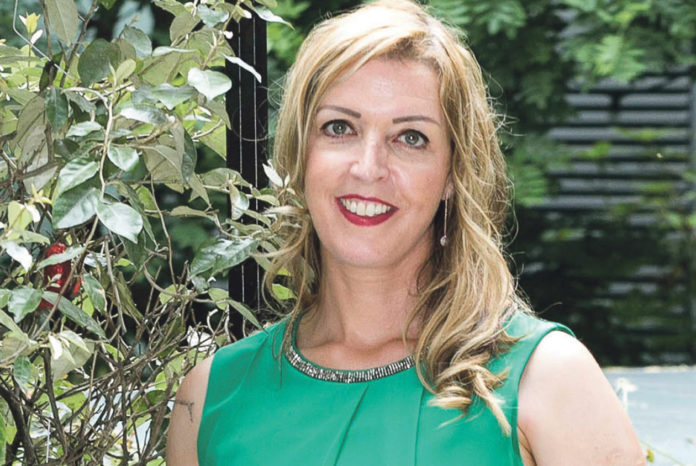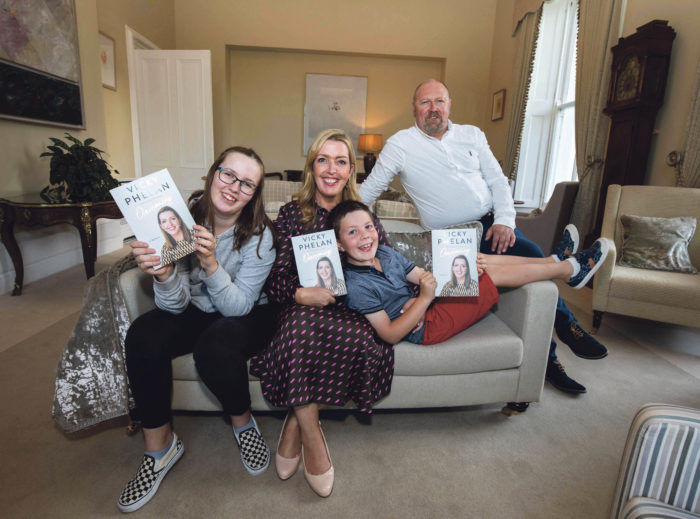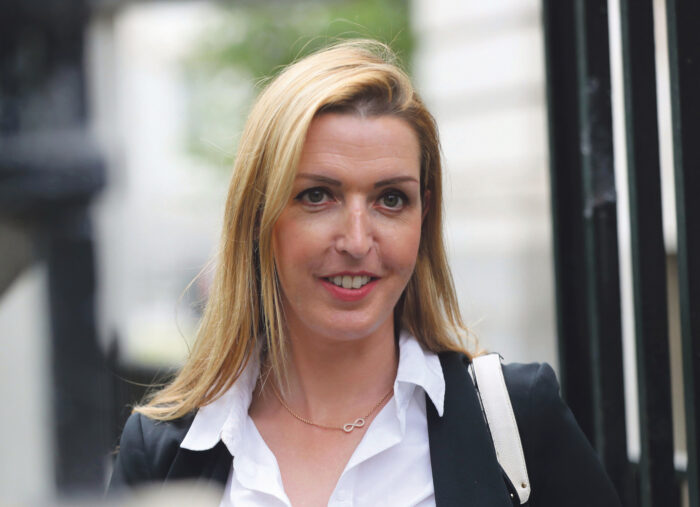
ON an April morning in 2018, an articulate, ordinary woman stood on the steps of the Four Courts in Dublin and blew the lid off one of the biggest medical scandals this country has ever seen.
That woman was Vicky Phelan, a mother-of-two and brave campaigner who wouldn’t be silenced.
She passed away in the early hours of this morning (Monday) in the care of Milford Hospice. She was 48 years old.
On that morning in 2018, neatly dressed for court, Vicky could have been the woman who handles your mortgage application at the bank or the receptionist who takes your details at the dentist.
Put her in jeans and a sweater and she could have been any of the schoolgate mams, collecting her children with one eye on the hordes spilling out the school doors and another on the clock to get them to football training or Irish dancing.
But the woman delivering the emotional speech on the steps of the Four Courts that morning had been told her days of collecting children from school were numbered. And it was someone else’s mistake that left her with no hope of recovery.
Vicky Phelan, the take-no-prisoners crusader beloved by the public, was born the day that she was told she would die.
220 other women with cervical cancer, along with Vicky herself, were not informed that their cervical cancer smear tests, carried out by the national screening programme CervicalCheck, incorrectly showed them as in the clear, and the revised test results were kept from them for years.
She settled a High Court action, without admission of liability, against US laboratory Clinical Pathology, subcontracted by the CervicalCheck national screening programme to assess the smear tests. Her case against the Health Service Executive (HSE) was struck out.
Her compensation was for €2.5 million but she would let no amount of money make her sign a gagging order. She wanted to tell the world about the shameful way in which she and the other women had been treated. She would not be shut up and she never stopped calling the system out.

“I am angry, extremely angry. If I was diagnosed, I probably would have had to have a procedure and at worst a hysterectomy,” she said.
“If I was told sooner, I would not be in a position of a terminal cancer diagnosis.”
After the award, Vicky told the Limerick Post the money “will buy me time. That’s all.”
At that time, Vicky had been given six to twelve months to live.
Mother to Amelia and Darragh and wife to Jim, Vicky was a native of Mooncoin, County Kilkenny, and later settled in Annacotty where she raised her family.
She is the eldest of five children and graduated from University of Limerick with a Bachelor of Arts in European Studies in 1997. Vicky studied and worked at UL where she became a researcher in the Centre for Applied Language Studies. In 2001 she was appointed to UL’s International Education Division.
Vicky joined Waterford Institute of Technology in 2006 to work in the Literacy Development Centre in the School of Lifelong Learning and Education and also completed a Masters in the Management of Education in 2011. She later took up the role of Head of the Literacy Development Centre.
Vicky and fellow survivor Lorraine Walsh and Stephen Teap (whose wife Irene died from the disease) established the 221+ support group to help the women and their families affected by CervicalCheck scandal.
Despite her own prognosis, Vicky fought for an experimental drug called Pembro (pembrolizumab), the cost of which is up to €8,500 every three weeks, to be paid for by the State for the other women affected by the Cervical Screening Scandal.
After treatment, Pembro helped Vicky have a long stretch of being able to enjoy life with her family and friends which chemotherapy treatment alone would not have given her.
Vicky was made a an honorary Freewoman of Limerick City in February 2022 and was conferred with an Honorary Doctorate from UL in 2018.
She has written her memoir Overcoming, in which she shares her personal story, including a previous life-threatening accident as well as a battle with depression and her struggle to uncover the scandal of her diagnosis.
Vicky was rarely out of the media as a regular commentator on health issues and she had a loyal following on social media, where she posted news of her treatments and her life.
And she has left a legacy of calling authority to account that will never be silenced.











